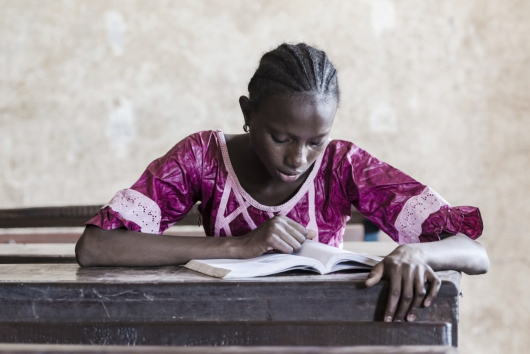
Haiti is among the poorest countries in the world, with a GDP of only $673 per person. Following the devastating 2010 earthquake, the nation undertook steps to strengthen its educational system, but to no avail.
As a provider of clinical services in New Jersey, we will discuss the factors that can contribute to school improvement in Haiti:
- Improve infrastructures
Similar to other developing countries, Haiti is experiencing logistical challenges. The lack of infrastructures impacts the access to valuable resources, including education, healthcare, and employment. The lack of proper funding dedicated to build and maintain roads is an obstacle, which impacts the development of the country in many aspects; school proximity being a factor that mostly affects children. - Promote educational inclusion
Education is considered a universal right. However, many disabled children in Haiti are unable to attend school and have no access to educational and clinical services. By promoting educational inclusion, more students can attend school and receive education to increase their chances of employment upon reaching adulthood. - Provide access to training
A lack of proper training for teachers is another factor that affects the quality of education in Haiti. Without proper training, teachers are less effective in providing high-quality education to improve and sharpen students’ academic skills as well as promoting and enhancing their learning experiences. Funding allocated toward teachers’ training is a great benefit to the school industry.



